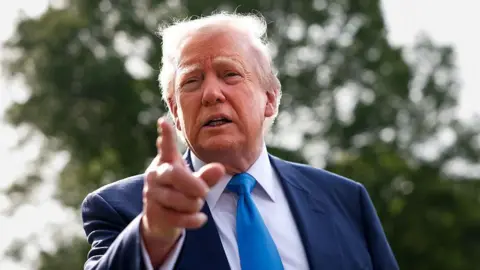Trump Veterans Day Proposals: Controversy, Commemoration, and What It Means

Every year, Americans gather on November 11 to honor sacrifices made by service members. Recently, the topic of Trump Veterans Day proposals has sparked conversations across the country. In this article, we unpack Donald Trump’s suggestions for changing how the United States celebrates and recognizes its veterans, and what those changes could mean for the nation.
Trump’s Push to Rename Veterans Day
In early May, Donald Trump proposed renaming Veterans Day as “Victory Day for World War I.” His goal was to highlight the United States’ military successes and ensure that national victories are celebrated. Trump also advocated for the official recognition of May 8 as "Victory Day for World War II". In a statement on Truth Social, Trump wrote, “We won both Wars, nobody was close to us in terms of strength, bravery, or military brilliance, but we never celebrate anything.” He argued that America should rejoice in its victories. Read more on the USA TODAY summary of Trump's Veterans Day renaming proposal.
The Historical Context of Veterans Day
Originally known as Armistice Day, Veterans Day evolved to commemorate all U.S. military veterans. The holiday marks the end of fighting in World War I, specifically the armistice signed on November 11, 1918. In 1954, after World War II and the Korean War, Congress changed the holiday's name to Veterans Day to honor all who served, not just those who fought in World War I. This tradition underscores the nation’s ongoing gratitude for its veterans’ service.
A Grand Military Parade on Trump’s Birthday
Adding to the discussion around Trump Veterans Day proposals, a massive military parade is planned for June 14, which is both the U.S. Army’s 250th anniversary and Donald Trump’s birthday. The celebration, announced by an Army spokesperson, will feature 6,600 soldiers, 150 military vehicles, and more than 50 aircraft. Trump first suggested holding such a parade during his administration, envisioning a spectacle to showcase America's military power. For details on the scale and significance of this parade, visit the BBC’s coverage of the military celebration.
While the parade is tied to the Army’s anniversary, it reflects Trump’s continued emphasis on visible, large-scale commemorations of American military achievements.
How Are These Proposals Being Received?
These ideas have provoked debate. Some support the notion of recognizing historical victories, while others feel that the essence of Veterans Day should remain unchanged—honoring the service and sacrifice of all veterans, regardless of when or where they served. The White House has clarified there are no official executive orders to rename the holiday at this time, but discussion continues about the nature and naming of America’s military holidays.
The Broader Implications for U.S. Veterans
For many, the meaning of Veterans Day goes beyond just its name. The day serves as a moment of reflection, gratitude, and unity across communities. Should the focus shift to broader victory celebrations, some worry that the unique recognition of personal sacrifice could be diluted. Others argue that celebrating victories alongside honoring veterans could reinforce national pride and respect for the armed forces.
Conclusion: Tradition and Change in Veterans Day Celebrations
Whether or not Trump Veterans Day proposals move forward, the conversation highlights how national traditions evolve. Americans continue to seek meaningful ways to honor those who have served. As discussions continue and commemorative events grow in scale, it is important to remember the core values behind Veterans Day: gratitude, remembrance, and unity.
For further reading on this topic and ongoing developments, see the USA TODAY article on the potential renaming of Veterans Day and the full BBC coverage of Trump’s military parade plans and veterans’ commemorations.